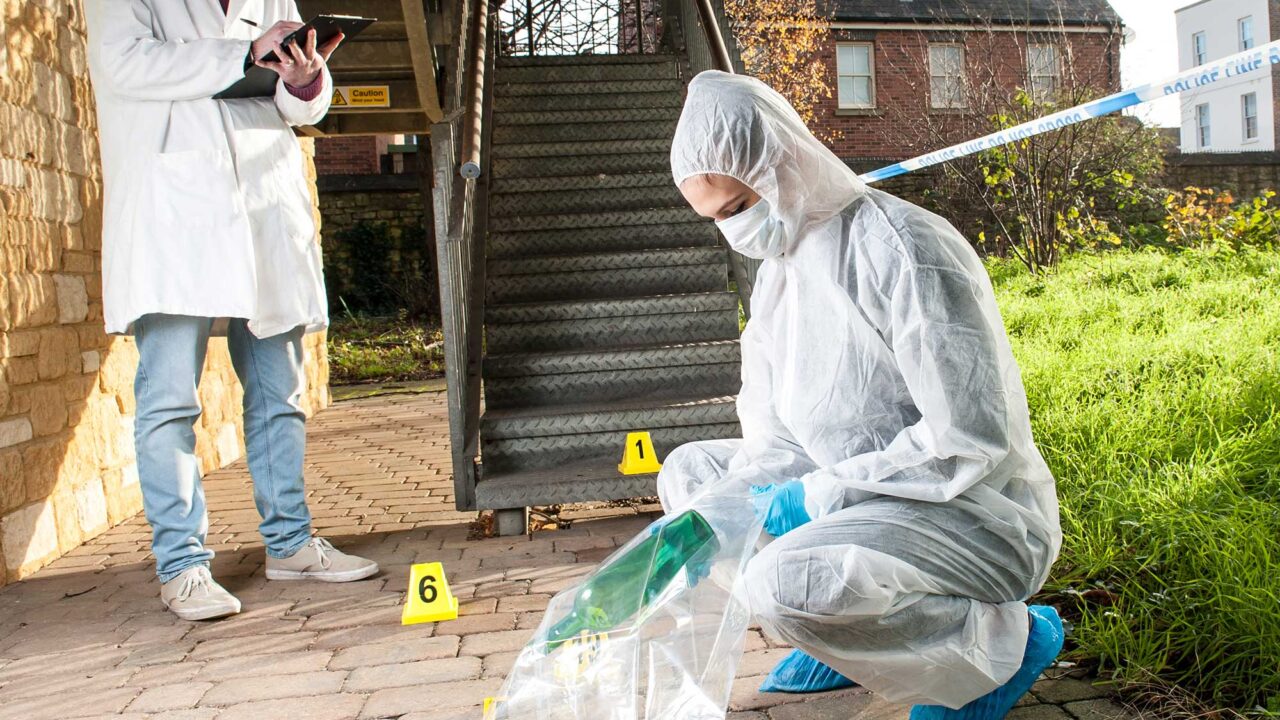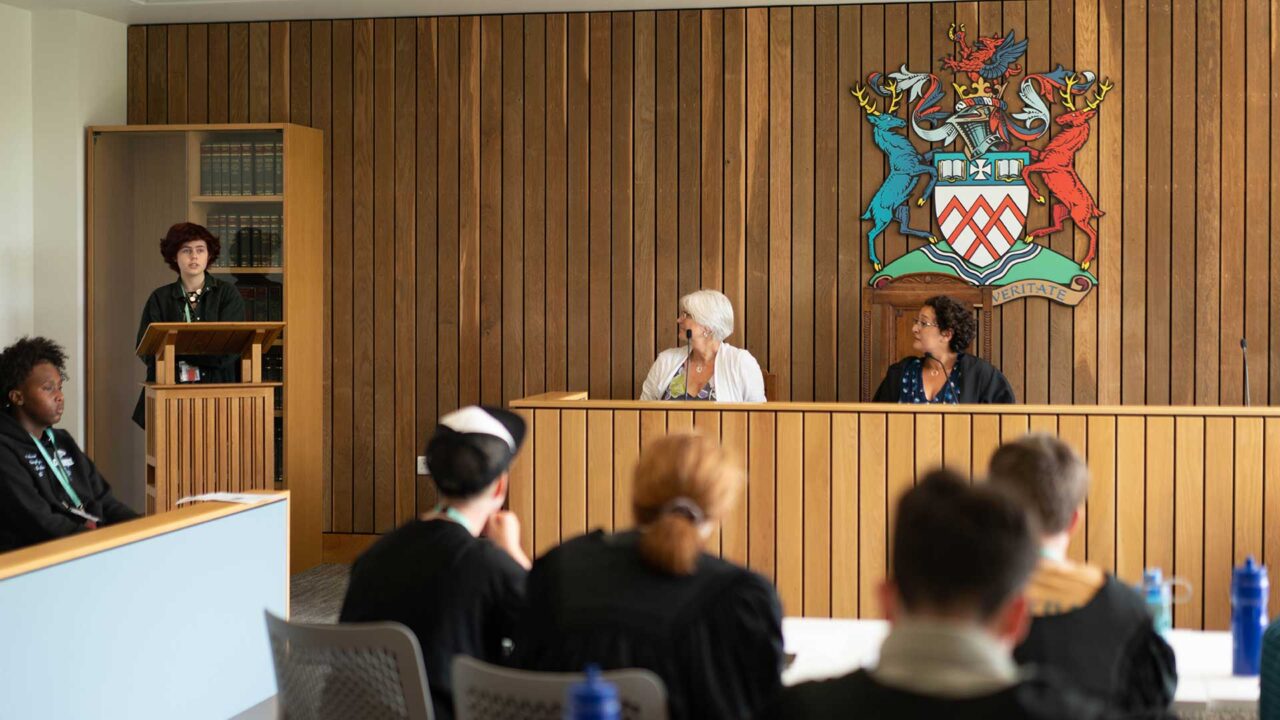Placements
In your second year you’ll gain professional experience by doing a mini-placement, either with an outside organisation or with one of our staff members. In your third year, you’ll have the option to do a longer placement to get further professional experience.
We have links with many external organisations working with offenders and victims of crime, such as Victim Support, Circles South West, and different prisons. In addition, several of our students join our Homicide Research Group or our Sexual Violence Research Group, where they work in commissioned cases and projects guided by leading experts.
At the beginning of the academic year, the Student Futures team organises an opportunities fair, where relevant organisations come to talk about the placement opportunities they offer.

Trips
In your first year, you will visit a prison museum, such as Shepton Mallet prison. These are prisons that used to be working prisons but have closed in the last few years. This trip will allow you to feel what it is like to be inside a prison and the challenges of working in the prison system.
Other trips are sometimes organised in second and third year as part of certain modules. For example, students taking the Clinical Psychology optional module have visited Cheltenham General Hospital, where they heard clinical psychologists presenting some of their cases.

Experiences
In your first year, as part of the ‘Crime Scene to Court’ module, you will be able to experience the process of collecting evidence at a crime scene, as well as present evidence in court.
Throughout the degree your modules include students from Psychology, Criminology and Policing, allowing you to hear alternative perspectives and create connections with students outside your degree.
In addition, you’ll have the opportunity to take part in away days and events. From writing workshops to poster days, these activities give you a chance to bond with your fellow students and build your confidence in your own work.
We also regularly organise panels with external speakers, such as alumni and careers panels. Alumni panels are an opportunity to meet students that have already graduated and to hear about their journey after graduation. Careers panels are an opportunity to hear the top tips from professionals working in the criminal justice system.

















; ?>)